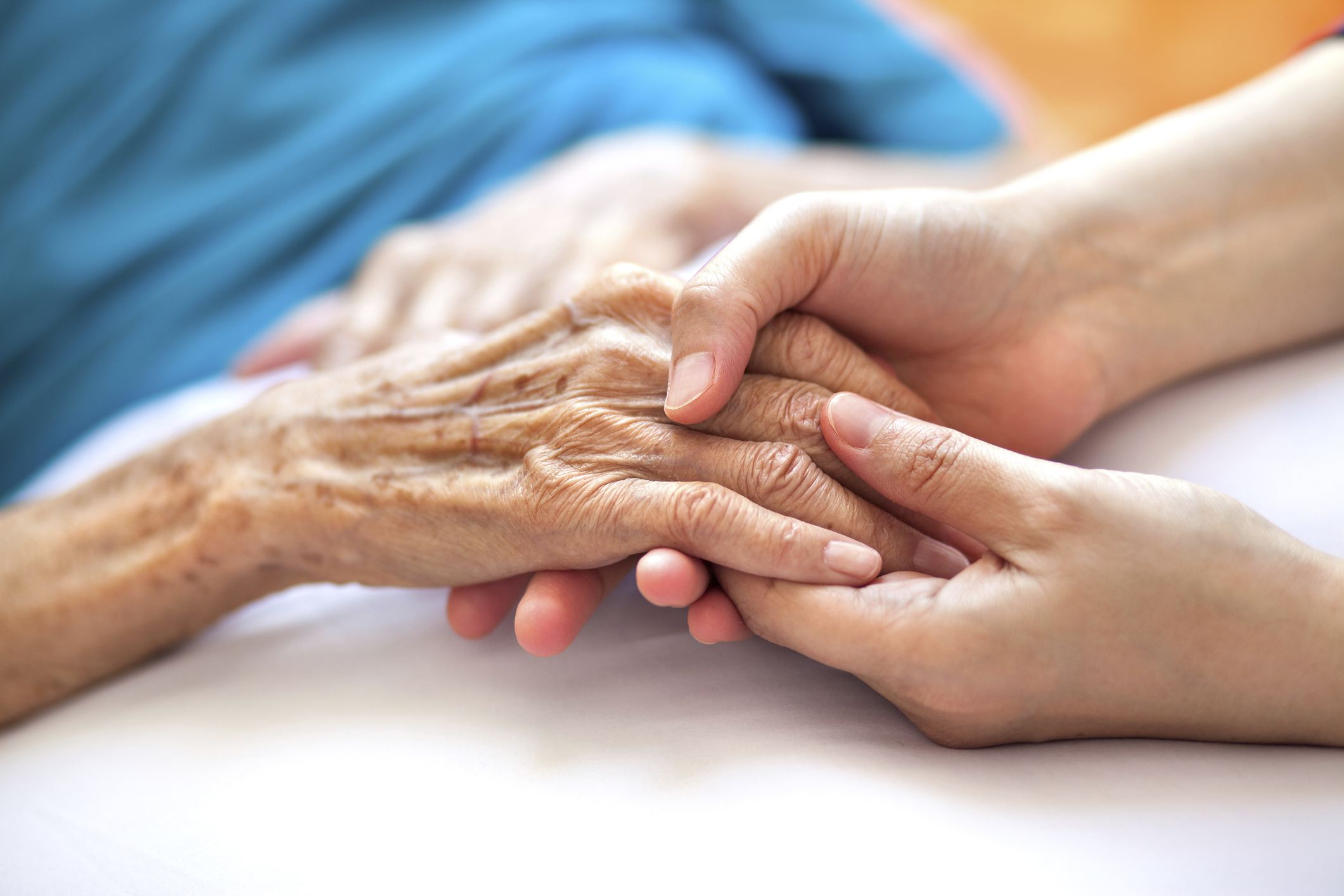
Medically Assisted Dying: What Do Your Members Need to Know?
It’s important to acknowledge that more and more of your population are taking on caregiving responsibilities for aging parents, some of whom may have a chronic condition or incurable disease. For those faced with a parent whose illness is at an advanced stage and will likely never recover, they may be considering medically assisted dying to relieve their suffering. So, what can you do to provide support to your people as they grieve? Members with access to health navigation via web, mobile, and call centre support can find reputable online resources or speak with a caring health professional who is there to lend an empathetic ear.
We help you be the source of information that your members need when they are faced with difficult situations such as end-of-life care for a loved one. This article provides clear information to your members or employees who have questions about medically assisted dying.
Medically Assisted Dying: What Do I Need to Know?
In 2016, the federal government passed a law allowing health care providers and support people to give medical assistance in dying without criminal charges. The purpose of the law is to respect the constitutional rights of Canadians who are suffering, aren’t expected to recover, and wish to end their lives. It’s not the right choice for everyone, nor does everyone meet the requirements. This overview will help you understand the new law and what options you or a loved one might have when considering medically assisted dying.
Who is eligible?
Someone who wishes to have medical assistance in dying must meet several requirements:
- Be 18 or older and “mentally competent,” or capable of making their own health care decisions.
- Be eligible for government-funded health care.
- Not have been pressured or talked into making this request.
- Have been given “informed consent.” This means they still want this assistance even after receiving complete information about their medical situation, available treatments, available relief for their suffering, and other options.
The person must also have a medical condition that is “grievous and irremediable,” which means:
- It’s in an advanced stage.
- It’s causing unbearable suffering.
- There’s no acceptable way to get relief from this suffering.
- The person will never get better.
- A natural death is “reasonably foreseeable” due to the person’s current medical situation (e.g., it’s critical or life-threatening).
Even when someone meets all of the requirements above, they can’t have medical assistance in dying if:
- They’re no longer mentally competent by the time the assistance is to be provided.
- The only medical condition causing them to suffer is a mental illness.
How does it work?
- The person requesting the assistance must sign a written form with two independent witnesses.
- A first and a second health care provider must both confirm that the person is eligible for the service.
- The health care providers must also be independent; they should not be acting under pressure, nor should they expect to benefit from the death.
- In most cases, there is a minimum 10-day waiting period between signing a written request and receiving assistance in dying. The person can change their mind at any time.
- The person may be given a prescription for a drug they can take themselves, or they may be given an injection that will cause death.
- Before receiving the prescription or injection, the person will be evaluated for their mental competence again, and asked to confirm their request once more.
Who provides medical assistance in dying?
- Medical doctors and, in some provinces, nurse practitioners can provide information about the service, assess the person’s eligibility, and prescribe the medication or give the injection.
- Pharmacists can dispense the medication.
- Support people, such as family members and friends, may be able to provide other kinds of help, including helping the person sign the request form if they’re not able to write.
- Doctors and nurse practitioners can’t be forced to provide medical assistance in dying if they’re not comfortable doing it, but they do have to refer the person to someone else in this case.
What other options are there?
Our health care system offers many options for pain control, home supports, and end-of-life care, and the federal government has committed additional funding to improve these services as well as the access to them. Under the law, anyone who seeks assistance in dying must first be fully informed of everything else available to them. It may be that their unbearable suffering can be relieved in other ways. Every situation is different, so it’s important to explore all these options before deciding on a course of action.
Key websites



